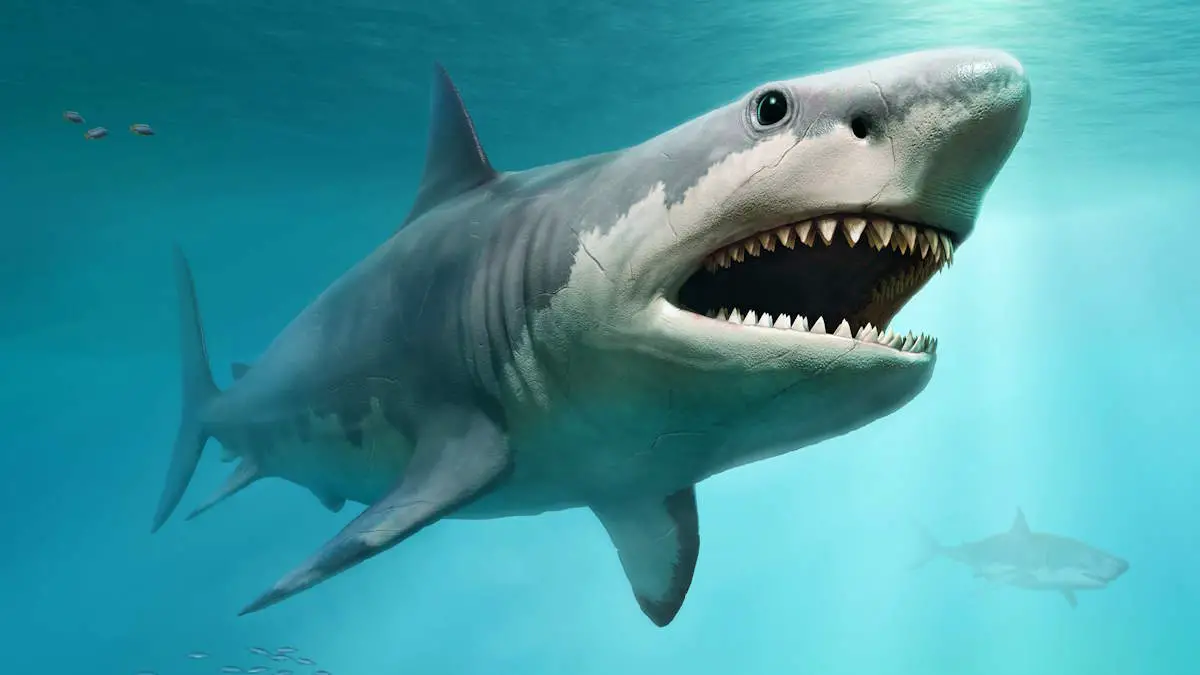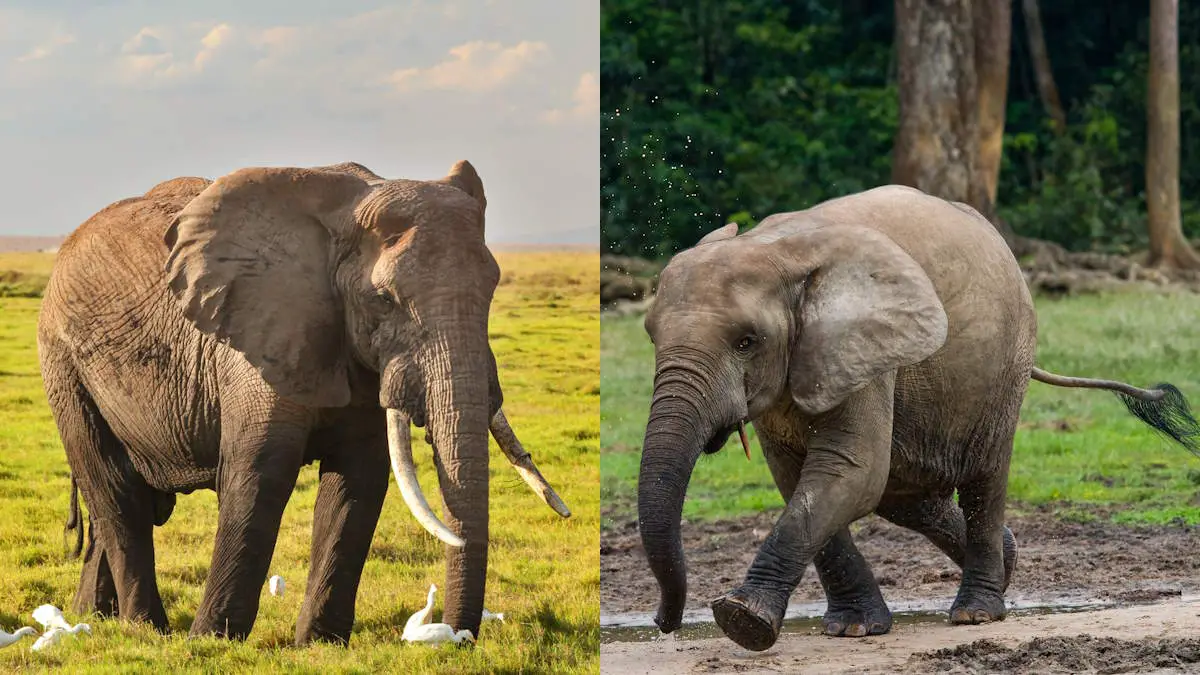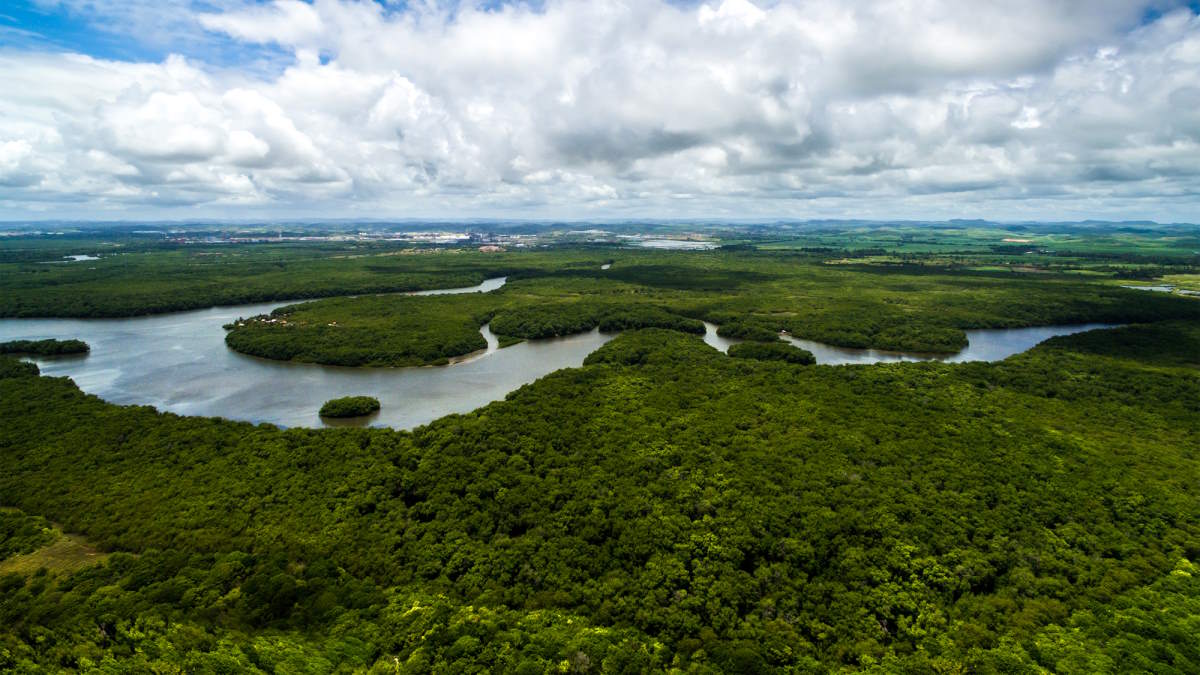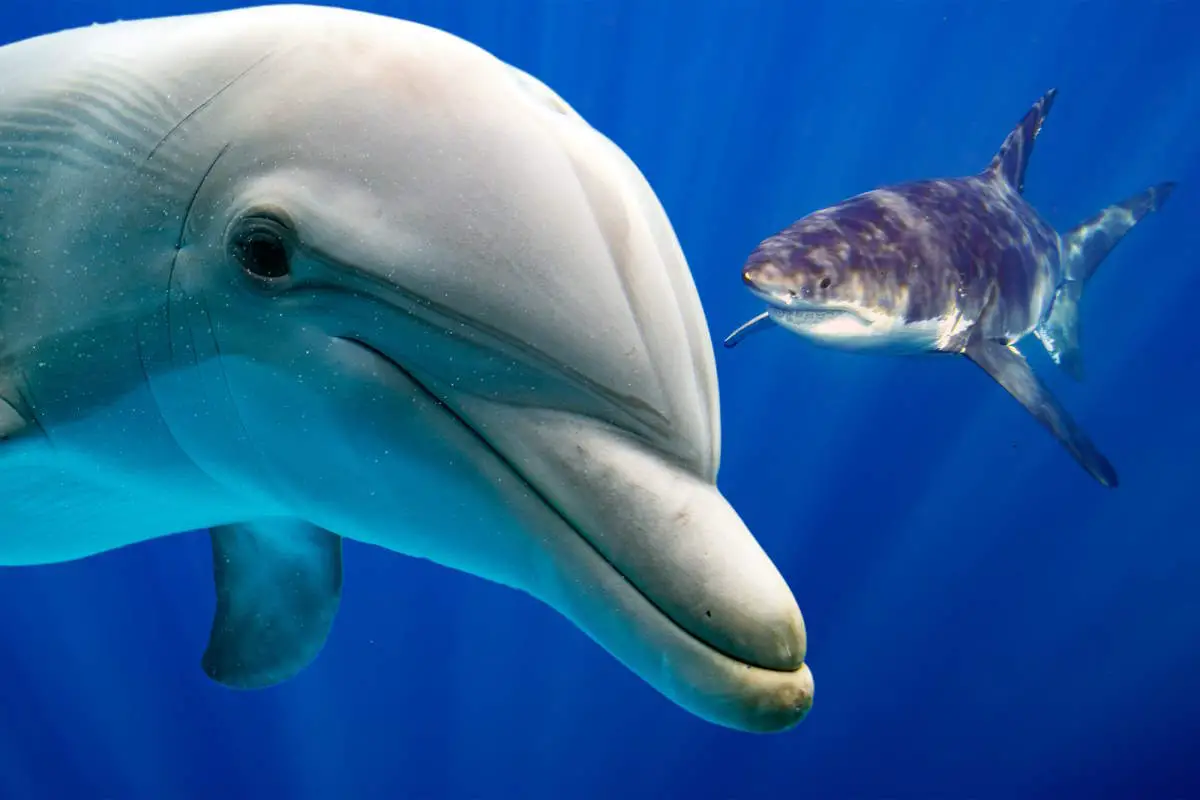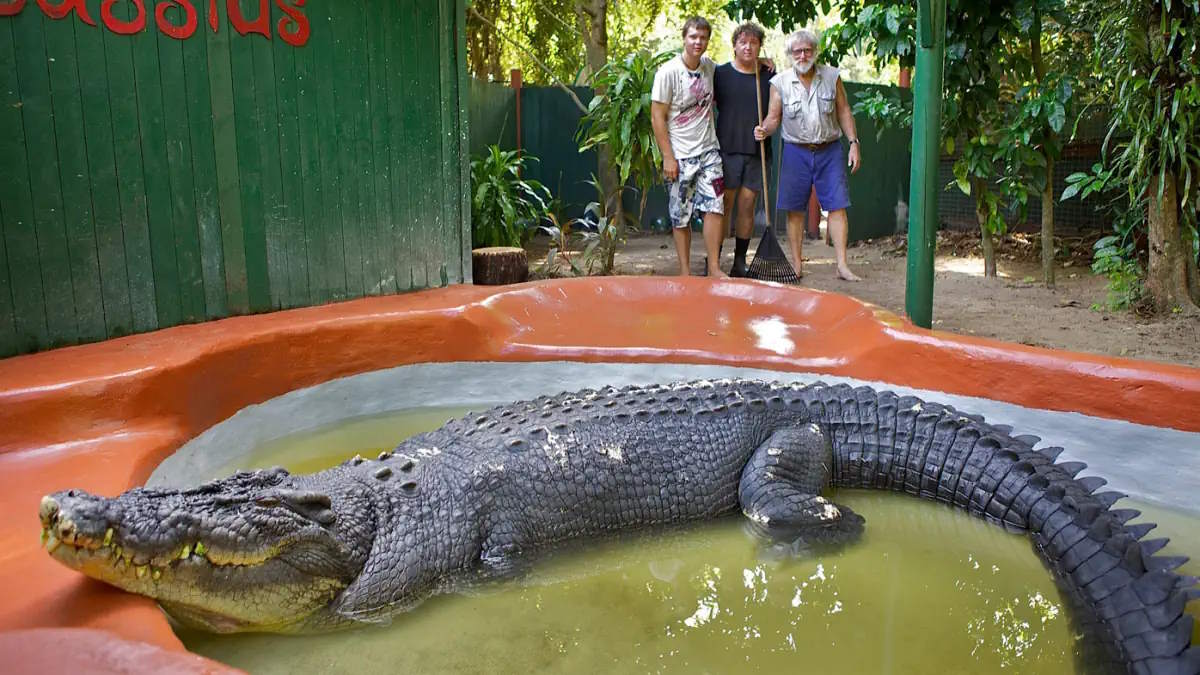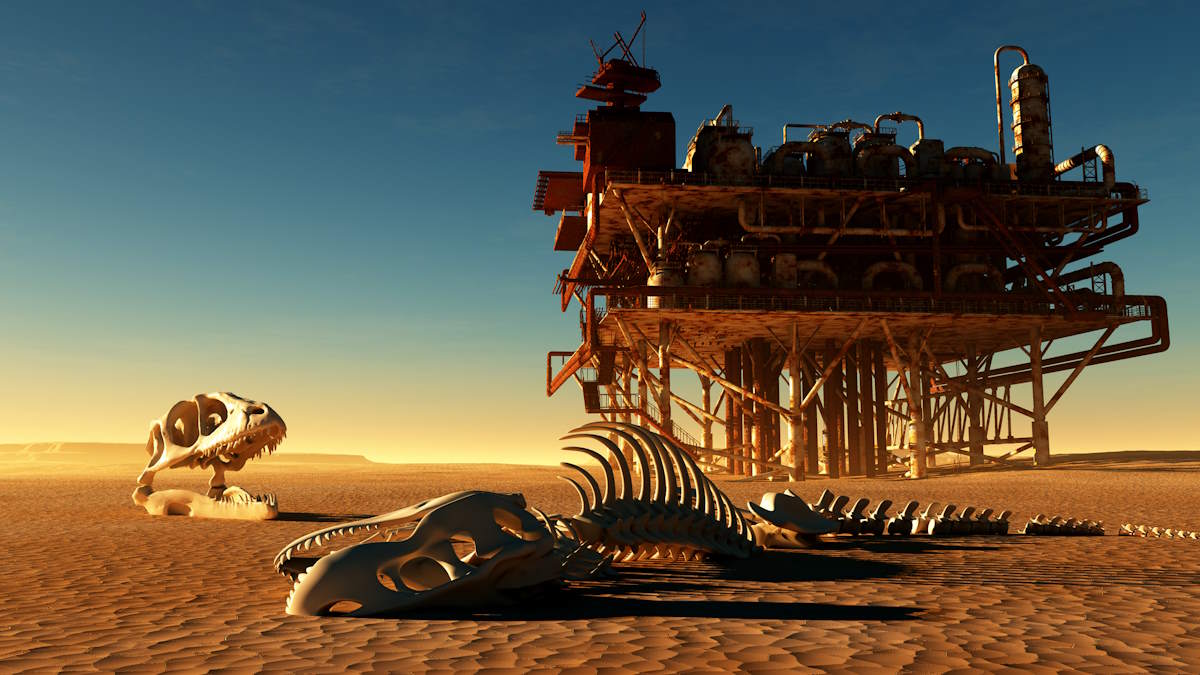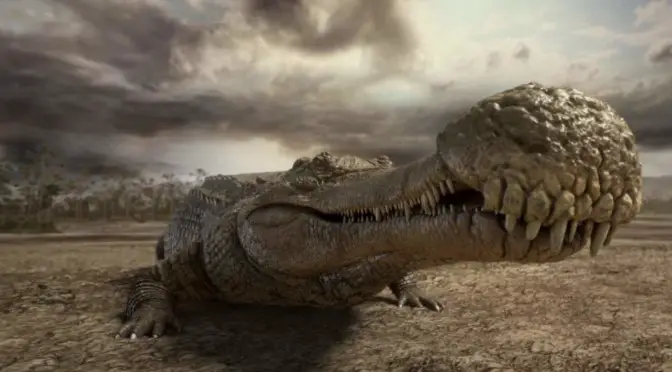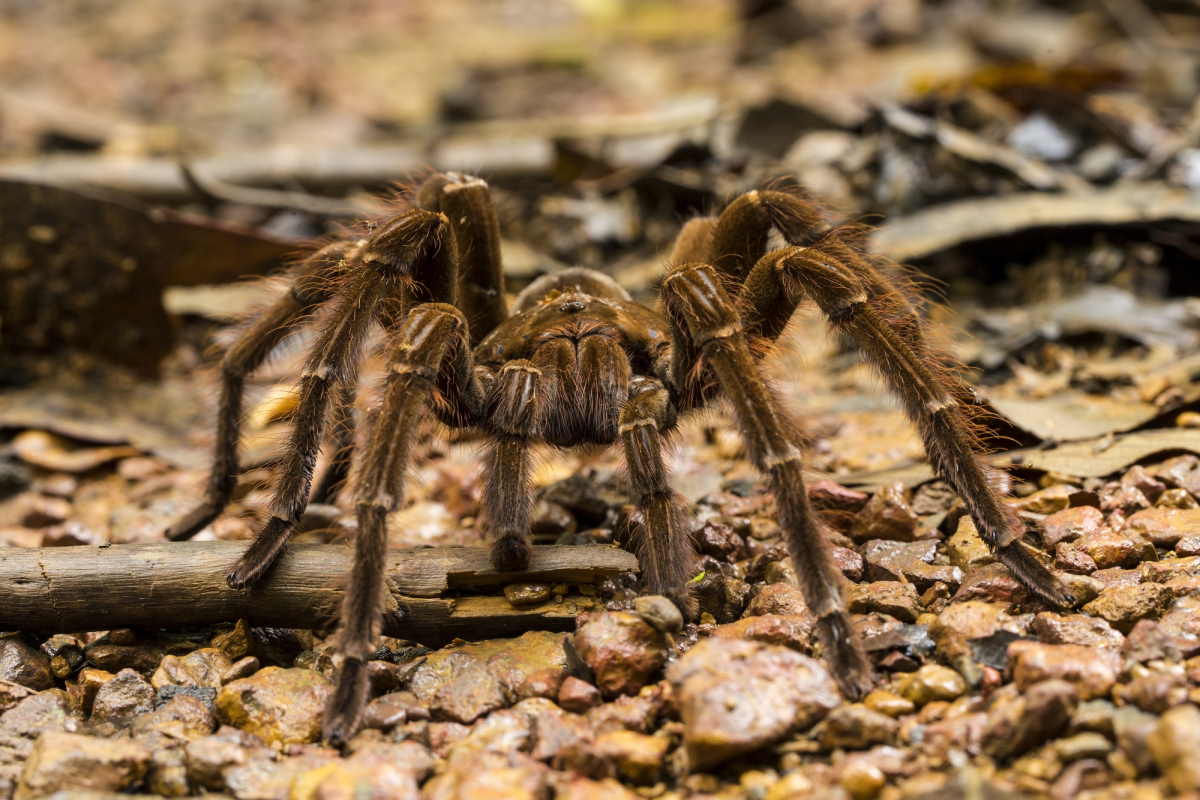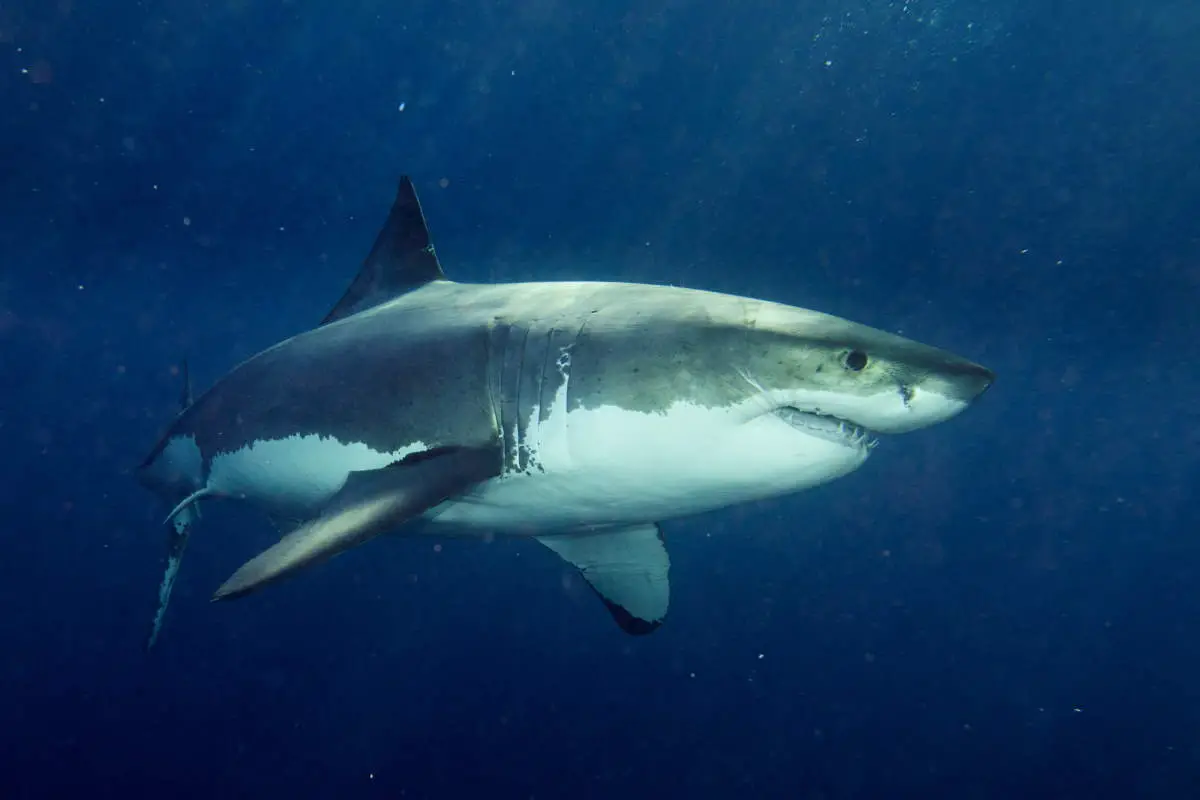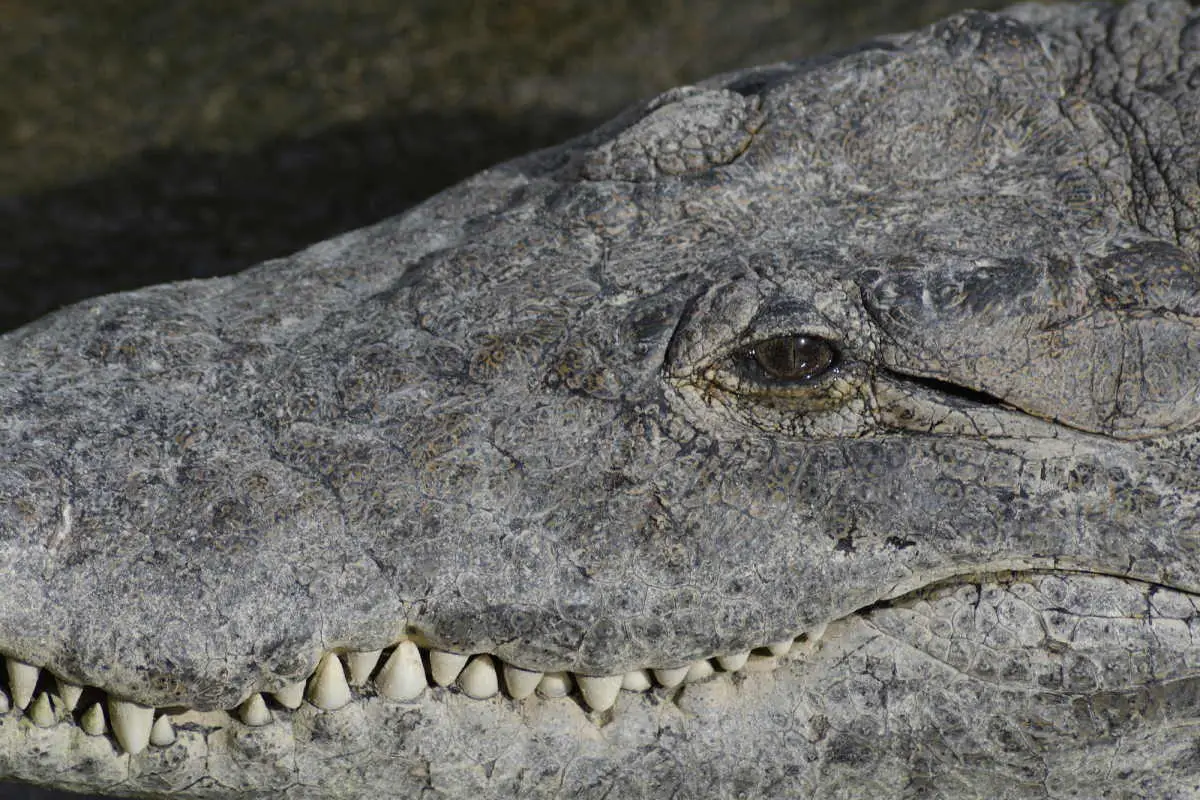The ancient seas once teemed with the terrifying presence of Otodus megalodon – the largest shark species ever known. This prehistoric predator, commonly called the Megalodon, thrived approximately 23 to 3.6 million years ago during the Early Miocene to the Pliocene epochs. As the largest predatory fish in history, it dominated the oceans. But just how big was the Megalodon?
Unearthing the actual size of this extinct marine behemoth has been a challenge for scientists due to the limited fossil records, which predominantly include teeth and vertebrae. The great white shark considered the closest living relative of the Megalodon, is often used as a reference point in size estimations.
